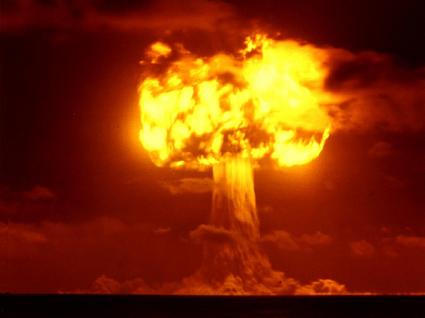The end of the world is coming! Or here, maybe. Or did it already happen?
It’s a good news/bad news situation for believers in the 2012 Mayan apocalypse. The good news is that the Mayan calendar may not end on Dec. 21, 2012 (and, by extension, the world may not end along with it). The bad news for prophecy believers? If the calendar doesn’t end in December 2012, no one knows when it actually will — or if it has already.
A new critique, published as a chapter in the new textbook “Calendars and Years II: Astronomy and Time in the Ancient and Medieval World” (Oxbow Books, 2010), argues that the accepted conversions of dates from Mayan to the modern calendar may be off by as much as 50 or 100 years. That would throw the supposed and overhyped 2012 apocalypse off by decades and cast into doubt the dates of historical Mayan events. (The doomsday worries are based on the fact that the Mayan calendar ends in 2012, much as our year ends on Dec. 31.)
The Mayan calendar was converted to today’s Gregorian calendar using a calculation called the GMT constant, named for the last initials of three early Mayanist researchers. Much of the work emphasized dates recovered from colonial documents that were written in the Mayan language in the Latin alphabet, according to the chapter’s author, Gerardo Aldana, University of California, Santa Barbara professor of Chicana and Chicano Studies.
Later, the GMT constant was bolstered by American linguist and anthropologist Floyd Lounsbury, who used data in the Dresden Codex Venus Table, a Mayan calendar and almanac that charts dates relative to the movements of Venus.
Well, whatever. Read on.


